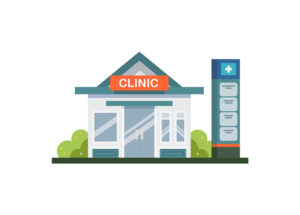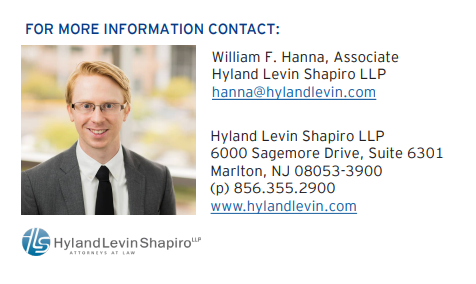 As a result of an aging population and evolving retail landscape, healthcare leasing has become an attractive option for many commercial landlords. These commercial landlords should familiarize themselves with some of the special statutory and regulatory considerations in the healthcare leasing space that demand attention prior to execution of a lease.
As a result of an aging population and evolving retail landscape, healthcare leasing has become an attractive option for many commercial landlords. These commercial landlords should familiarize themselves with some of the special statutory and regulatory considerations in the healthcare leasing space that demand attention prior to execution of a lease.
Download Printable Article (PDF) >>>
HIPAA
Healthcare providers are “Covered Entities” under the Health Insurance Portability and Accountability Act (HIPAA) and are obligated to protect individually identifiable health information (PHI). Business Associates (a party who provides services relating to PHI to a Covered Entity) are also obligated to protect PHI. Typically, tenants do not arrange for their landlords to perform services relating to PHI. Nevertheless, the parties may consider adding language to a lease
addressing the presence and safeguarding of PHI on the premises.
ANTI-KICKBACK STATUTE (AKS) AND STARK LAW
Broadly, the AKS prohibits the offer, payment, solicitation or receipt of anything of value to induce the referral of services that are reimbursable under a federal healthcare program (e.g. Medicaid/Medicare). Unless an exception applies, the Stark Law prohibits physicians from referring patients to entities with which the physician or an immediate family member has a financial relationship. As an example, a healthcare tenant’s rental payments for unneeded space in a physician-landlord’s premises may be viewed as pretextual payments for the physician-landlord to refer services to the tenant. In particular, landlords who are also physicians (or have physicians in their family) should ensure their leases comply with the safe harbor provisions of these laws.
OTHER PRACTICAL CONSIDERATIONS
Medical uses may necessitate the installation of heavy machinery or significant alterations to the premises. As advised previously in the trade fixture article, it is important for landlords to think carefully about the kinds of equipment the tenant will install, the energy required for its usage, and what will happen to that equipment upon termination or expiration of the lease.
In addition, a landlord should inquire about the kinds of waste the tenant will create. Disposal of medical waste is subject to various laws and regulations that the lease should require a tenant to comply with. Some medical uses (e.g. urgent care facilities) are open for extended hours. Given these extended hours as well as the tendency for medical uses to require more utility capacity than retail tenants, landlords should carefully consider whether utility costs are being fairly allocated amongst tenants in their premises. These are just some of the intricacies of healthcare tenancies that interested landlords should consider. To ensure a lease is in compliance with the safe harbor provisions of the AKS and Stark Law and otherwise addresses these intricacies, landlords should involve a qualified leasing attorney early in the process.
The contents of this article are for informational purposes only and none of these materials is offered, nor should be construed, as legal advice or a legal opinion based on any specific facts or circumstances.
FOR MORE INFORMATION CONTACT:



